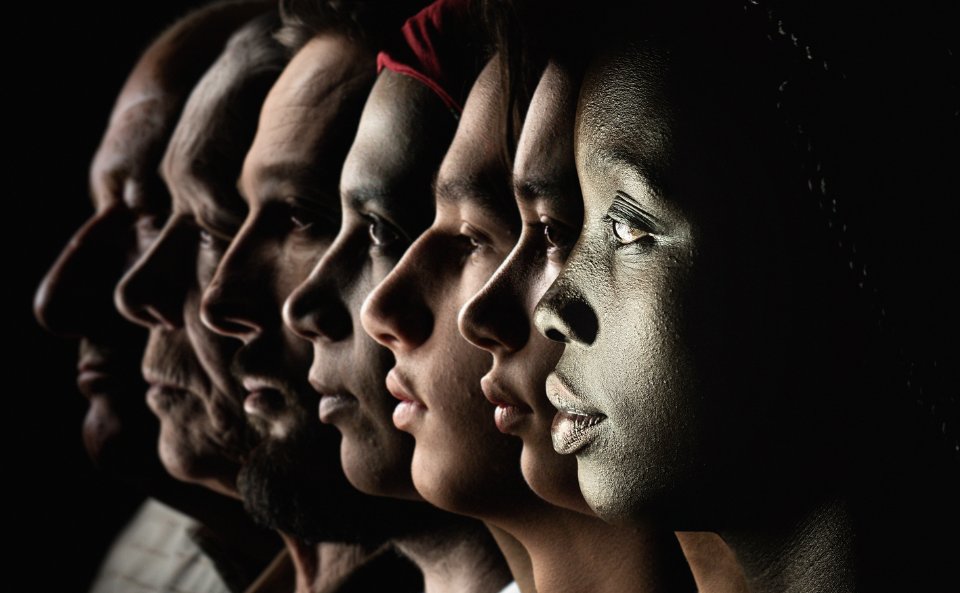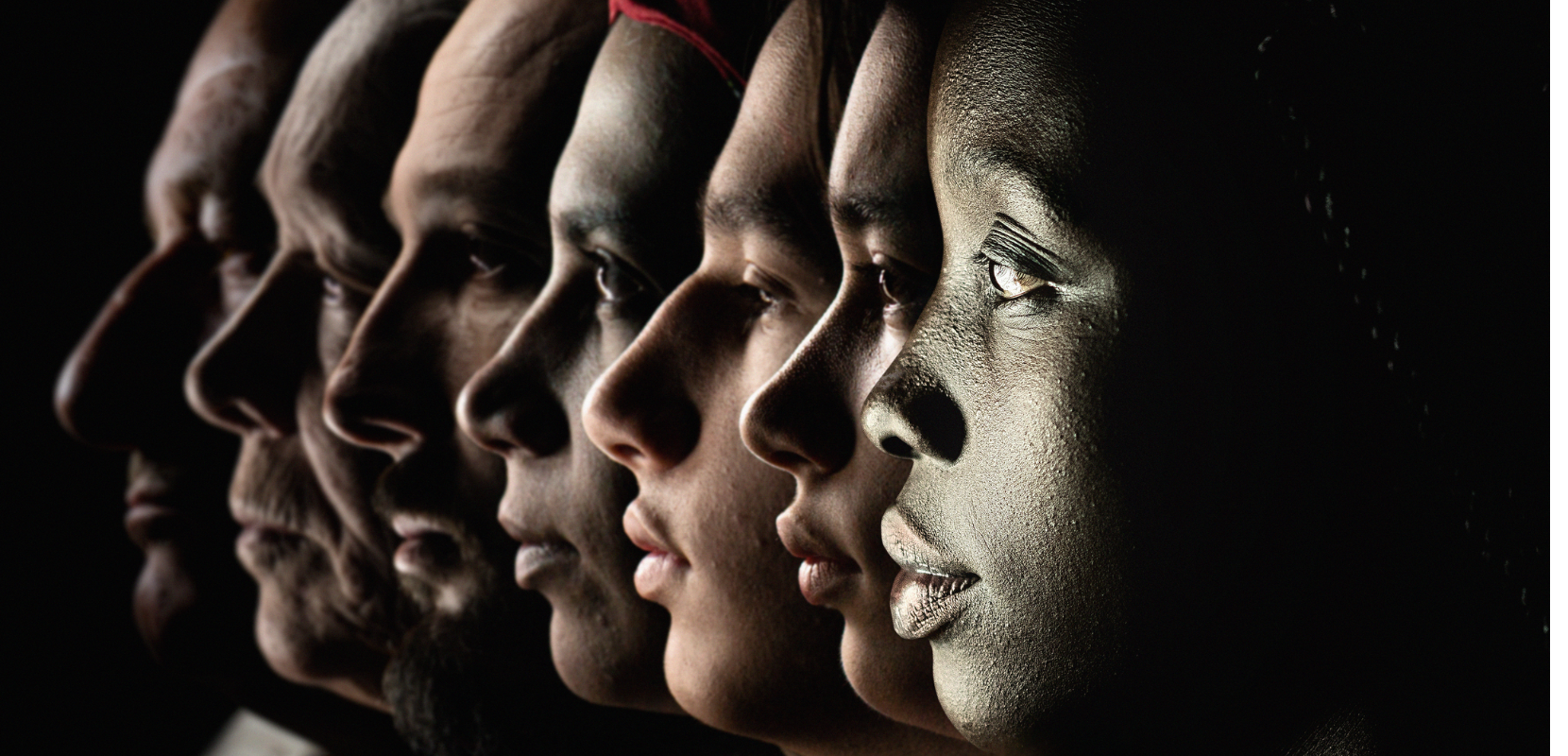The National League of Cities’ Race, Equity and Leadership (REAL) Department prepares and supports local government leaders and employees in partnering with their communities to rebuild, repair, and solve problems resulting from racial injustice and a global pandemic.
In 2019, REAL designed a two-day Leadership Academy. This convening featured representation from a mix of learning community cities, technical assistance cohort cities, city profile cities, and others within the REAL Network. The event was designed to engage teams of two from each city in attendance, consisting of an elected official/city manager and a key city staffer directly involved in racial equity efforts. This convening served to:
- Reflect on challenges and lessons learned and to strategically align priorities and structures to support governing for racial equity.
- Build stronger buy-in and skills to navigate resistance among senior city executives and elected officials; and
- Build skills in infrastructure building and coalition building.

REAL is expanding this level of support by launching the REAL Institute. The REAL Institute will launch for three days leading into the 2022 NLC City Summit. Selected participants in the institute will gather from November 14-16, 2022, in Kansas City, Missouri. The City Summit program will continue through November 19, 2022. Cohort participants will also attend an in-person convening on March 29-31, 2023, immediately following NLC’s Congressional City Conference in Washington, DC. A virtual convening will be held May 2-4, 2023; and a final virtual convening will be held August 8-10, 2023.
Achieving Racial Equity
The 2022-2023 REAL Institute will guide participants through an arc of learning that will support leaders in their commitment to achieving racial equity.
Individual sessions will focus on:
- Leading for Racial Equity—This workshop will provide local leaders with an introductory overview of institutional and structural racism in the United States. It will equip participants with a shared language for racial equity, provide an understanding of racial equity leadership behaviors, and position leaders to visualize a racially equitable future.
- Communicating Effectively about Race—This workshop provides an overview on how local leaders and staff can communicate effectively to advance racial equity. It will include a review of essential concepts related to racial equity and a primer on how people think about race. Participants will learn specific methods to engage key stakeholders in advancing racial equity.
- Visualizing a Racially Equitable Future—This workshop will provide local leaders with a space to envision what a racially equitable future could look and feel like for their residents. Emphasis will be placed on the importance of community voice in the development and finalization of racial equity vision statements as well as the opportunity for decision-making bodies to adopt a racial equity vision statement as an important first step.
- Bringing about Systems Change by building racial equity infrastructure for organizational change—This workshop provides local elected leaders with an understanding of how to evaluate policies, practices, and procedures, using a racial equity approach. Participants will work through case studies using a racial equity analysis and learn the importance of determining the root causes of racial inequities. Emphasis will be placed on data-informed and community-driven strategies.
The program will help teams of local leaders:
- Reflect on lessons learned and the challenges to strategically aligning priorities and structures to support governing for racial equity.
- Build stronger buy-in and skills to navigate resistance among senior city executives and elected officials; and
- Build skills in infrastructure building and coalition building.
Based on expressed need, REAL will support individual city teams in subsidizing a portion of the costs for registration and lodging at City Summit 2022 and Congressional City Conference 2023 through the generous support of the W.K. Kellogg Foundation.
Eligibility and Application Requirements
The 2022-2023 Race, Equity, And Leadership (REAL) Institute will accept up to 40 participants composed of 3-member teams from 13 municipalities. NLC REAL Institute seeks to invite a cohort of applicants that reflect the full diversity of the NLC membership, including race, ethnicity, gender identity, sexual orientation, ability, region, size of community, political affiliation, and other demographics. The cohort will consist of 13-14 cities, each with a team of 3 participants. Once applications are collected, NLC will do an analysis of demographics and strive for balance. Only one application per municipality will be considered and must be submitted with the full support of the mayor and/or city manager. This 10-month initiative will focus on issues of racial equity and specific topics on which many local government leaders have consistently asked for support.
To qualify for this cohort, participants must:
- Attend pre-conference City Summit (November 14-16, 2022) and post-conference Congressional City Conference (March 29-31, 2023) activities in person.
- Attend two virtual convenings (May 2-4, 2023, and August 8-10, 2023). Applicants will be disqualified if they do not agree to attend the convenings.
- Submit a letter of commitment from the applicant city’s mayor or equivalent to attend each session together with the identified city team. The letter should include the municipality’s expressed commitment to racial equity.
Applicants will be scored and ranked on the following criteria:
- EVIDENCE OF COMMITMENT—This criterion will assess the municipality’s commitment to partnering on racial equity post-Institute. The municipality applicant will be asked to provide an open-ended answer to the following question: How is your municipality engaging with and centering communities of color through partnerships or outreach? The municipality applicant will be asked to provide a letter of support from a BIPOC or POC-led community-based organization. The municipality applicants will be scored based on evidence of how they are partnering or reaching out to communities of color and/or other government partners.
- EVIDENCE OF RACIAL EQUITY ACTION TO DATE—This criterion will assess the municipality’s past racial equity work. The municipality applicant will be asked to provide an open-ended answer to the following question: What steps has your municipality taken on your racial equity journey so far? Past racial equity work will not be required to join the Institute. Applicant cities will be scored on how well they answer the question, not on how far they have progressed on their racial equity journey. Answering this question well will include an honest accounting of the municipality’s discussions and/or self-assessments regarding racial equity.
- EVIDENCE OF OVERCOMING CHALLENGES AND READINESS TO IMPLEMENT WHAT IS LEARNED—This criterion will assess the municipality’s racial equity challenges and how ready they are to implement what they will learn in the Institute. Information about racial equity challenges will help REAL craft the agenda and curriculum for this year’s cohort. For example, the applicant may include information about budget cuts, lack of support from constituents, political influence or previous racial equity attempts. The applicant will be asked to provide an open-ended answer to the following questions:
- What is holding your city back from achieving racial equity?
- What challenges and opportunities related to racial equity does your city want to solve?
- What support do you have from your community to undertake this work?
- The applicant municipality will also be asked to rank itself on the following question: How ready is your city to implement what you will learn in the Institute?
- They will also be asked to provide an open-ended answer to the following question: Why did you select your response?
How to Apply to the REAL Institute Initiative
NLC is currently accepting applications to the REAL Institute Initiative. Click below to apply.
NOTE: APPLICATION DEADLINE EXTENDED TO September 28, 2022 AT 5PM ET
- Please review the scoring criteria
- Submit the individual and municipality electronic applications:
- The individual application will take approximately 15 minutes to complete by September 28, 2022.
- The municipality’s application will take approximately 90 minutes to complete.
- Please allow time to request, receive and attach a letter of commitment from your mayor or equivalent as well as at least one letter of support from a community-based organization.
Please click on the buttons below to apply for the individual and municipality applications.
Want to learn more about this initiative and joining the cohort? Email us today!
The W.K. Kellogg Foundation has supported REAL since 2017 through its initiative on Truth, Racial Healing, and Transformation (TRHT).
